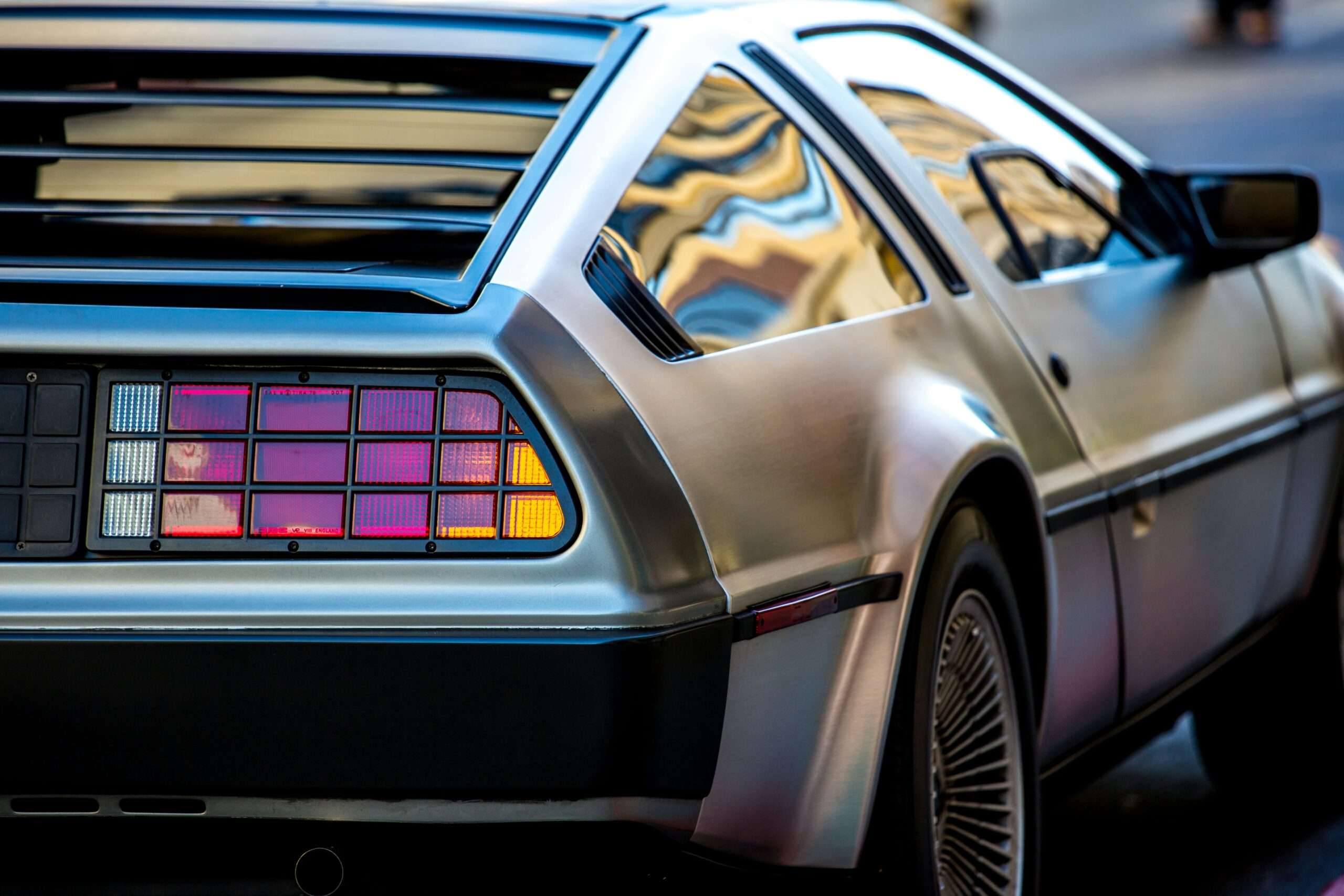Donald Trump’s presidential campaign famously promises to “Make America Great Again.” As a rule, no one should think too hard about the meaning of bumper sticker political slogans. But ever since Trump rolled it out nine years ago, his slogan has quietly asked some seemingly unanswerable questions: When was America great before? And when did that greatness vanish, thus necessitating its recovery?
The answer, it turns out, isn’t a year. It’s an age.
And that age is roughly when you were between 11 and 16 years old—regardless of when you were born. Across generations, Americans seem to believe that the best music, the best television, the top sporting events, and the strongest communities are the ones they experienced in their adolescence and early teen years. That’s the conclusion drawn by the data crunchers at The Washington Post, who distilled some fascinating recent polling data from YouGov’s survey of Americans’ views about different decades.
“The good old days when America was ‘great’ aren’t the 1950s,” writes the Post‘s Andrew Van Dan. “They’re whatever decade you were 11, your parents knew the correct answer to any question, and you’d never heard of war crimes tribunals, microplastics, or improvised explosive devices. Or when you were 15 and athletes and musicians still played hard and hadn’t sold out.”
The charts in the Post‘s analysis are striking: Across music, movies, fashion, and other social measures, Americans seem to believe that culture peaked roughly one to two decades after they were born and has declined since. The Post and YouGov polling data fits with what other researchers have found: that humans have the strongest sense of nostalgia for the culture we experienced between the ages of 17 and 23.
It’s not difficult to deduce why. Those are our formative years, rich with new experiences and potential, in which most of us had few serious responsibilities and got to enjoy the safety of having others provide for our basic needs.
On its own, there is nothing wrong with having golden-tinged memories of those years. Do I still love a lot of music from the late 90s and early 2000s simply because I was born in 1987, even though I can admit that some of it is objectively pretty terrible? Damn right, I do.
But letting nostalgia get mixed up in politics is not a great idea, in part because it’s obviously a false promise. Sorry, but no matter how hard you vote, you’re never going to be 15 again.
Unfortunately, personal disillusionment is not the most serious problem created by nostalgia politics. As former Reason editor in chief Virginia Postrel explained in The Future and Its Enemies, many of the clashes that erupt in modern politics and culture are the result of a conflict between the forces of “stasis” and “dynamism.” Her book remains a powerful argument in favor of letting messy markets work and embracing the improvements that will come from an unknown future—and I’m not just saying that because it came out in 1998.
It seems like nostalgia-influenced politics plays into the hands of the former group, which would prefer a world more strictly controlled, with less creativity and change. That shows up most obviously in Trump’s slogan, of course, but also in many other policies pushed by both major parties these days: limiting immigration, restricting development, protecting domestic industries from foreign competition, and so on. It is unfortunately a quick jump from “I wish the world would be more like how I remember it when I was younger” to giving the state more power over your freedom and the freedom of others.
By all means, re-watch those old television shows for the hundredth time. Buy tickets to go see those washed-up rock stars on tour this summer. Just keep your sense of nostalgia out of the voting booth and the public square.
You’ll never be 15 again, but please don’t ruin the future for the people who aren’t 15 yet.





